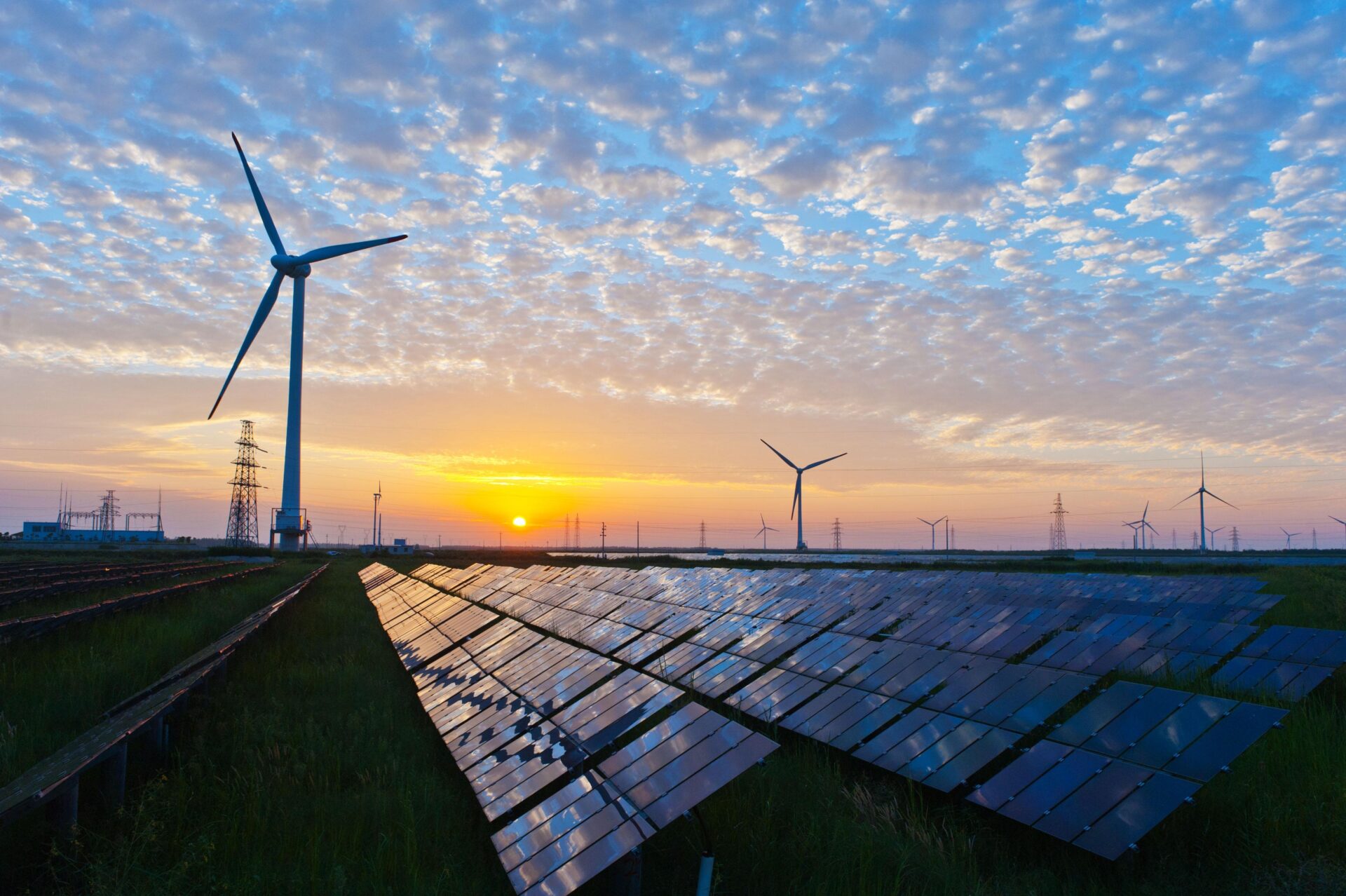On Friday, Oct. 14, the National Energy Outlook 2016 (NEV 2016), and the evaluation of the energy agreement were presented.
Last Friday, the National Energy Outlook (NEV) 2016 and the evaluation of the energy agreement were on the agenda of the Council of Ministers. Click here for the publications.
The National Energy Outlook is an annual report on the Netherlands' energy economy and greenhouse gas emissions, providing the factual basis for political decision-making. NEV 2016 presents a mixed picture: some energy and climate goals are achievable, others are still a long way off.
Thus, the 25% greenhouse gas reduction in 2020 seems just achievable. It is striking that the 1990 emissions have been revised upwards (e.g., for diesel consumption by traffic) and the emission estimates for 2020 have been revised downwards (e.g., because of more electricity imports). This seems to take the pressure off the cabinet in the Urgenda climate case.
The target of 14% renewable energy by 2020 does not seem to be met, remaining stuck at 12.5%. The goal of 100 PJ additional energy savings in 2020 also seems difficult to achieve. Furthermore, the NEV expects increasing production from coal-fired power plants and states that with a maximum production from the Groningen field of 24 billion m3 per year, the Netherlands will still be able to meet its own gas needs for a long time.
The reception of the NEV 2016 and the evaluation of the energy agreement seemed a bit gloomy here and there. 'Once the easy measures are taken it becomes a lot harder,' said Pieter Boot, head of the Climate, Air and Energy sector at the Netherlands Environmental Assessment Agency and co-author of the National Energy Outlook.
So the challenge of switching to a sustainable and renewable energy supply remains a hell of a task. Nevertheless, there is also good news, because Minister Kamp also informed the Lower House about the evaluation of the Energy Agreement by the KWINK Group. The evaluation states that the Energy Agreement demonstrably contributes to an acceleration of policy in the field of energy saving and renewable energy. However, the Energy Agreement is now entering the next phase. Agreements must be converted and translated into schemes and projects, programs and process results into concrete effects.
For our relations we will soon organize a lecture on both reports. We have asked Marcel Crok to prepare an introduction. Based on this there will be an opportunity for question and answer. Marcel Crok is a science journalist and among other things author of the book: 'De staat van het klimaat'. There are still a few places open. For more information info@publiekezaken.eu



